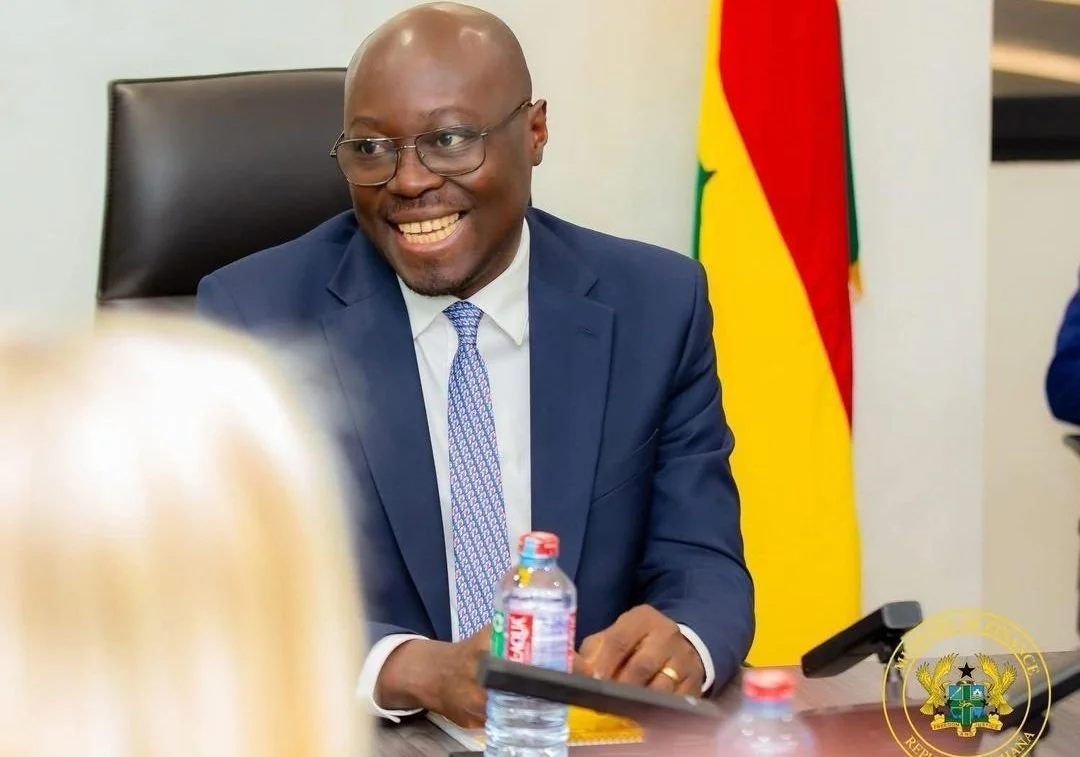Ghana’s Energy Sector Faces $1.5 Billion Deficit and 86% of Public Irregularities, Says Government
Photo Credit: Minister of Finance
Parliament House, Accra | 25 July 2025 - Ghana’s energy sector has been declared a zone of critical financial distress, with annual financing shortfalls exceeding $1.5 billion, according to Finance Minister Dr. Cassiel Ato Forson. Delivering the 2025 Mid-Year Budget Review to Parliament on Thursday, July 24, the Minister described the inherited situation as a “bleeding” sector marred by systemic dysfunction and unsustainable fiscal commitments.
Dr. Forson attributed the financial fragility to a range of entrenched issues: unsustainable debt levels, unfavourable power purchase agreements (PPAs), and endemic operational inefficiencies across key energy institutions. These problems, accumulated over successive years, have created a cascading impact—triggering arrears, undermining service reliability, and damaging Ghana’s fiscal posture and global investment reputation.
He noted that the burden of poorly structured PPAs alone has left the government locked into high-capacity payments, often unrelated to actual power consumption, draining public funds and distorting energy planning. Meanwhile, delays in payment flows across the value chain—from generation to distribution—have intensified liquidity risks for critical actors such as ECG, GRIDCo, and VRA.
“We inherited a bleeding energy sector with annual financing shortfalls over $1.5 billion,” Dr. Forson stated firmly. He emphasised that reversing this trajectory is a matter of national urgency, not just for energy security but for restoring macroeconomic balance.
In response, the government has initiated a suite of corrective actions. These include the renegotiation of high-risk contracts, improved monitoring of financial outflows in the sector, and enhanced revenue recovery frameworks. According to the Minister, these reforms are designed not only to stabilise the sector financially, but also to improve service delivery, unlock investor confidence, and ensure alignment with Ghana’s long-term industrial goals.
Dr. Forson assured Parliament that the administration is committed to re-establishing financial discipline and transparency within the sector. The strategy of moving forward will emphasise institutional accountability, prudent expenditure management, and a phased approach to resolving legacy debt burdens.
The energy sector’s instability poses real risks to Ghana’s broader economic recovery and energy transition aspirations. While global investors are increasingly drawn to Africa’s renewables potential, Ghana’s capacity to attract capital hinges on a stable fiscal environment and credible institutional oversight.
The challenges facing Ghana’s energy sector are formidable, but so too is the political resolve to address them. If executed effectively, the current reform programme could not only stabilise public finances but also lay the foundation for a modern, resilient, and investor-ready energy economy. For a country seeking to position itself as a regional energy hub, resolving these foundational issues is no longer optional—it is imperative.

